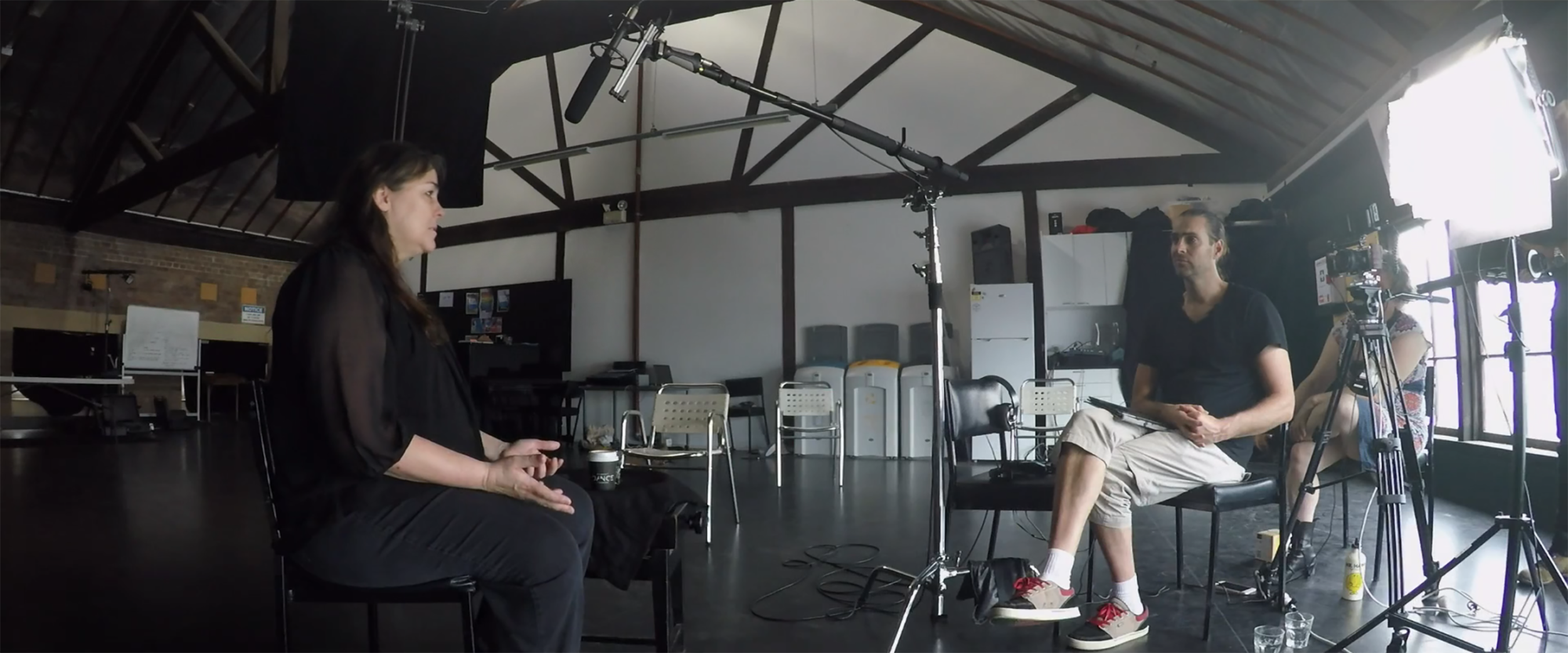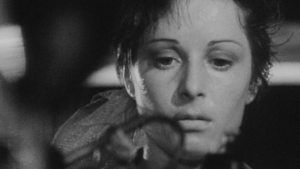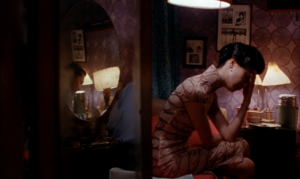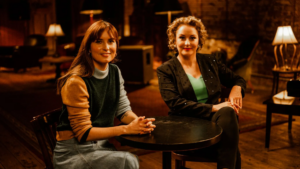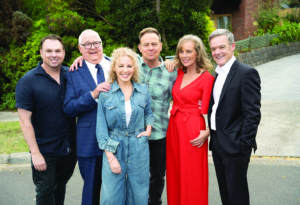The glaciers are melting, your income is insecure and critics panned the last thing you worked on: that precious slice of your soul dished up for public consumption. Within wider society, anxiety and depression are rife. But, for those working in the arts, including the screen sector, there are particular challenges to maintaining good mental health – and the statistics suggest we are in the midst of a crisis.
A world-first study conducted by Entertainment Assist and Victoria University in late 2016 found that the number of suicide attempts in the Australian entertainment industry was more than double the national average. Suicidal ideation was six times more likely among entertainment professionals. Anxiety was ten times higher; depression, five times higher; and sleep disorders were rampant, along with greater rates of alcohol and drug consumption. It’s not a pretty picture, and certainly at odds with any notions of glamour outsiders may associate with the industry.
The survey took in around 2400 respondents from all sectors of the entertainment sector, covering all states and territories. Its respondents were divided into three groups: ‘Performing Artists and Music Composers’ (including actors and TV presenters), ‘Performing Arts Support Workers’ (including media producers, video editors, directors and production assistants) and ‘Broadcasting, Film and Recorded Media Equipment Operators’ (including sound and light technicians, camera operators, projectionists and roadies).
A key finding was that the majority of respondents expressed ‘an overwhelming passion for their creative work’. This is especially poignant when you consider that 35 per cent of all Australian entertainment-industry workers earn an annual income below A$20,000. So much love, so little money.
Apart from the problems posed by poorly paid, insecure work, the survey found there was a ‘powerful negative culture’ within the industry, including ‘a toxic, bruising work environment’ with extreme competition, sexual assault, bullying, sexism and racism. These are deep structural problems that won’t be fixed by a couple of counselling sessions and a mindfulness app. But talking about mental health and destigmatising our vulnerabilities are certainly important first steps to bringing about change.
The findings of the research were included in a submission to a House of Representatives inquiry into the growth and sustainability of the screen industries, conducted by the Standing Committee on Communications and the Arts. In its report, tabled in December 2017, the committee recommended that the Minister for Small Business liaise with relevant professionals regarding ways in which mental health could be better catered for within the screen sector. In other words, more talk, but still no real answers. At least it’s on the agenda.
A more concrete offshoot of the disturbing findings is a new feature documentary, The Show Must Go On (2019), produced by Sue Maslin of The Dressmaker (Jocelyn Moorhouse, 2015) fame, and directed by debut feature filmmaker Ben Steel. Available on ABC iview, the film traces Steel’s own journey as an actor – he is best known for his work on Home and Away – living with depression and anxiety, and grieving the sudden death of his acting coach, David O’Connor. Wanting answers to the questions of why mental wellbeing is so much worse in the entertainment industry and what we can do to stop losing people to suicide, Steel interviewed professionals and experts as well as many of his colleagues. Their answers were heartfelt and candid. Screenwriter and script producer Sarah Walker, for example, shares this to-camera: ‘Writers are writing from their soul. We’re not just moving numbers. We’re in a business where our personal and professional lives are extremely mixed.’ Acknowledging this reality will be part of the specific healing that’s required for arts workers.
Another step in the right direction was the establishment on World Mental Health Day (10 October) 2017 of the Australian Alliance for Wellness in Entertainment (AAWE). Screen Producers Australia and the Media, Entertainment & Arts Alliance are among the founding members. AAWE seeks to develop a ‘prevention-first’ framework that emphasises education and awareness. Members commit to the values of respect, empathy, courage and collaborative leadership, as well as to developing industry-specific courses and resources. Research is underway about what exactly is needed, and you can have your say in a survey accessible at <https://www.research.net/r/FKJK78Z>.
Perhaps one idea could be a free counselling hotline specifically for the screen industries, much like the one launched in July by the Arts Wellbeing Collective for performing artists and arts workers. As always, however, it’s friends, family and colleagues who work the frontlines in dealing with one another’s fragile hearts and minds – not to mention their own. We are all in the midst of this crisis, and it’s okay to ask for help.
If this story raises difficult issues for you or someone close to you, call Lifeline on 13 11 14 or visit <http://www.lifeline.org.au>.
